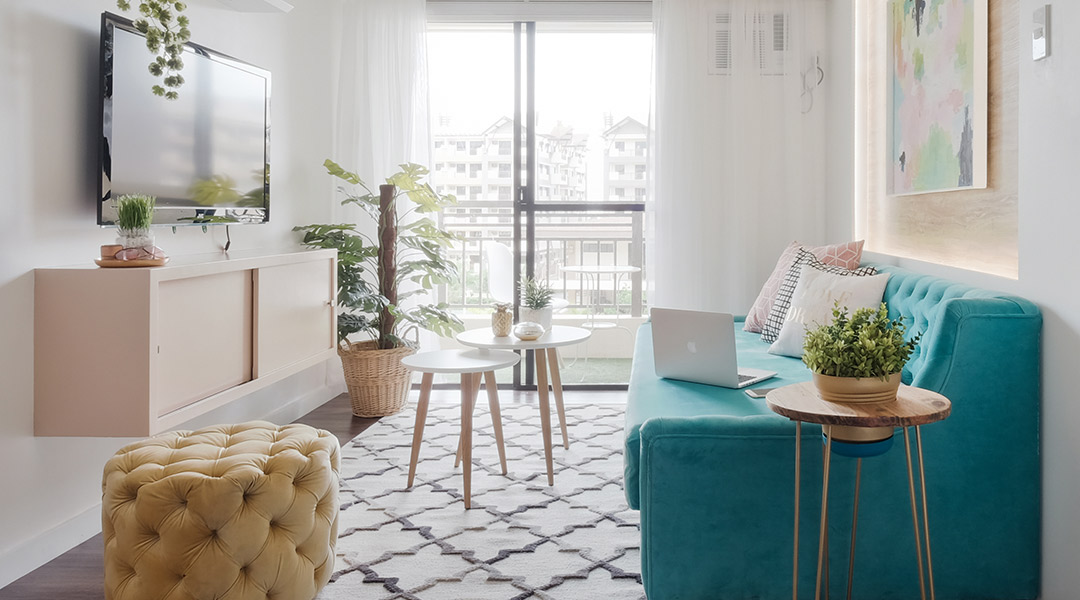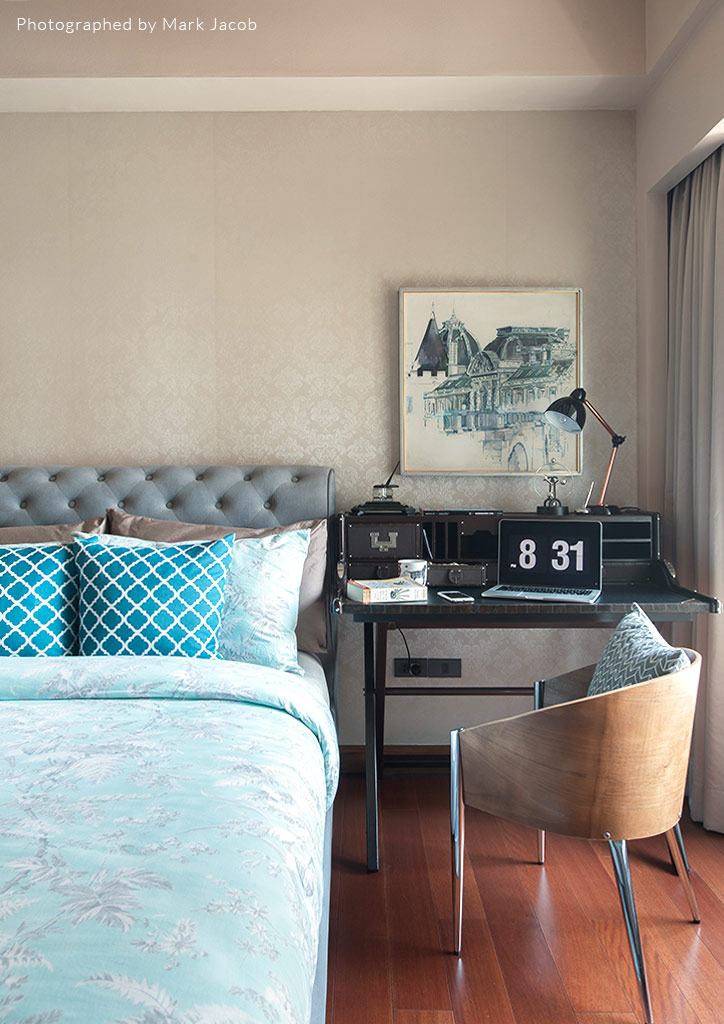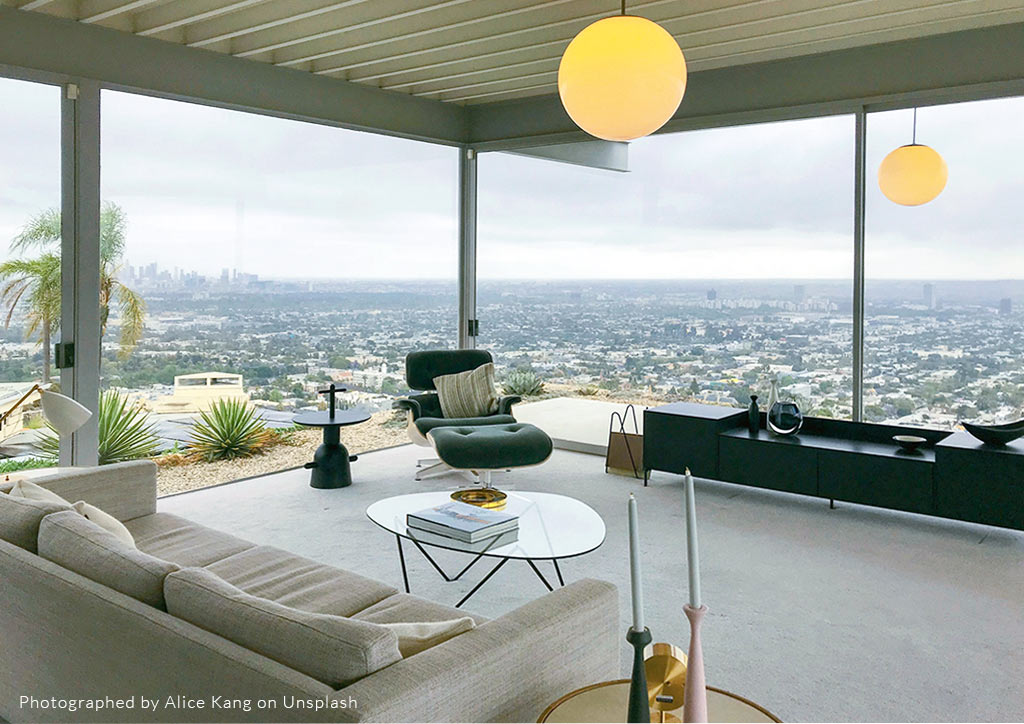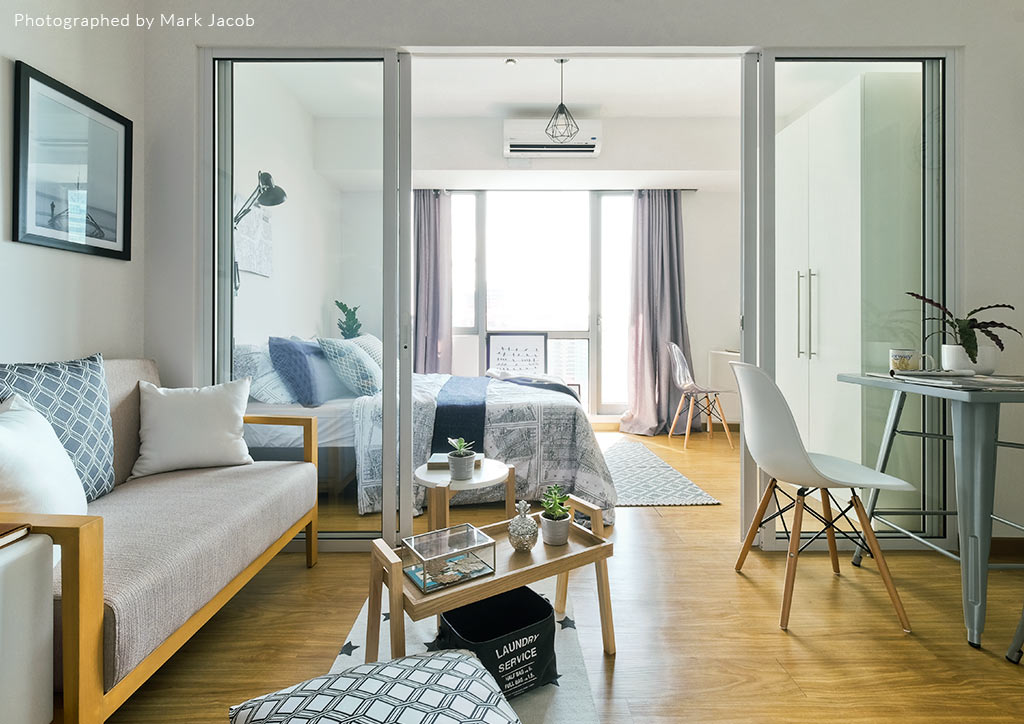
Living alone for the first time can be scary, but it’s also exciting, liberating, and an awesome learning experience. Most of the time, especially in Asian countries, children stay with their parents until they are of marrying age. Living arrangements are family fare during dinner, and it’s not unheard of for young adults to leave the nest only when necessary.
There are those, however, who opt to strike out on their own as soon as they can for a variety of reasons. Whether it’s because your place of work is far from the family home or you simply want to exert your independence, living alone brings with it challenges and learnings that will stay with you throughout our life. Here are some savvy tips to help make that transition easier.
Think Before You Take the Plunge
First, ask yourself why you want to move out and live on your own. While living alone does have its perks, you will have to shoulder all the bills on your own. Aside from rent and amortizations, you will also be paying for association dues, internet, water, and electricity. Not to mention that there are supplies that you need to score such as groceries and toiletries.

Location, Location, Location
Decide on where you want to live. Keep your lifestyle in mind before you pick your home base. This will help narrow down your choices and keep you from getting overwhelmed. Most of the time, the rental price or cost of a property is dependent on multiple factors. Is it an old or new development? What is the size of the property, floor area, or number of bedrooms and baths? Is it in a gated community or an open area? If you’re purchasing a property, pre-selling prices are usually lower compared to a building already existing.
Consider proximity to your place of work, transport hubs, malls, parks, recreational facilities, and other areas of interest. If you’re renting, remember that most lessors require a security deposit and several months advanced payment, aside from the usual post-dated checks to cover rent. Check your contract to ensure that it is fair to all involved.

Safety Comes First
If you’re renting a house or apartment without a security guard, invest on a home security system. There are a lot of affordable options available in the market that can be connected online so you can check your home even while you’re away. As always, replace doorknobs, get deadbolts for exterior doors, always ensure windows are locked when you leave, and get a proper vault or storage for your valuables.
Things to Invest On
Have a checklist of things you will need in your new home before moving in. Large furniture pieces and appliances take time to deliver, so schedule deliveries properly with stores or your chosen supplier. There are a lot of movers you can find online, so check to make sure you are getting the best deal. If you’re not planning on purchasing everything in one go, invest on a bed, table, and some chairs first before other pieces of furniture.
Your air conditioner and refrigerator come next on your list of essentials, followed by a cook top, microwave, and rice cooker, as well as some dinnerware if you plan on dining at home. Other furniture pieces and appliances can follow as soon as your budget permits. If you can afford to purchase everything in one go, try to keep to your checklist to avoid going over budget.

Be Practical and Save Up
If you’re looking to move out in the near future, project future expenses and set aside a certain amount per month to cover everything you’ll need. Small expenses add up and you’ll probably have to make a lot of sacrifices when you live in your own, but nothing beats coming home to a place you have all to yourself.


